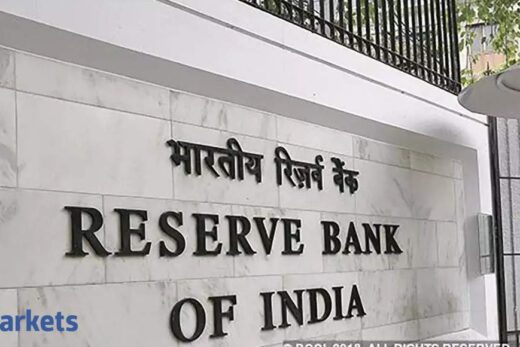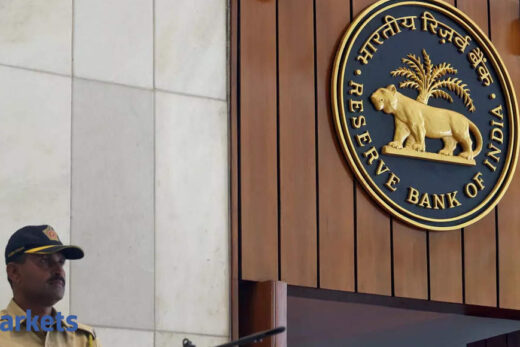In case of CPI, the base effect both for inflation as well as for IIP number has come a little bit lower than expected but the core inflation remains quite sticky. How do you read this and what do you think the policy response should be?
As far as CPI concerned, we had pencilled in a higher number. We were looking at the CPI being around 4.8% this month. So it has come up a fair bit lower than our expectation and it is entirely because of food prices.
In terms of what the policy response should be, our view is that there is going to be a couple of more months of soft trades. We are going to get softer periods for October and November purely because of the base effect but from December onwards, it will start going away and as it does, we expect that inflation is going to be fairly close to 6% in the last quarter of this fiscal year. So we are going to go back to trends which look a lot more uncomfortable than what we got for September and what we are expecting for October and November. So in a sense, we should not be too rejoicing too much now.
However, if we look ahead, there are concerns on the inflation trajectory, purely for supply side reasons. We can already see what is happening with global commodity, energy and logistics prices and as demand recovers domestically, we expect it to start to impact inflation from November-December as well.
So over a period of time, the policy response is going to be like this — as long as it is the supply side and especially the global factor that are pushing up the inflation trajectory, MPC is largely going to ignore it because monetary policy really cannot affect those factors. But when domestic demand starts becoming a clear driver of inflation, that is when the MPC is likely to start looking at normalising policy and the fact that at least this inflation trend has come in lower than expected, allows some breathing room for monetary policy to remain growth supportive for as long as possible.
That is the broadly the way that we are looking at the inflation outlook. On IIP, the number has come in pretty much in line with expectations and if we look ahead, there has been a lot of disruption caused by the heavy rainfall in September. I do not expect this double digit growth to sustain. We do think that the IIP growth is going to crash down to mid single digits in September because of the heavy rainfall which has affected mining, manufacturing, construction and electricity as well the auto sector. There has been a negative impact on manufacturing. All of this is going to pull down the September IIP number quite substantially.
A point a lot of people are grappling with is, it is not demand side issues that are causing this problem but supply side problems. This is playing out globally. How much of that in terms of commodity prices are you looking at? Are you approaching this with a lot of caution to say that even for your estimates, there is a lot of room for error?
Let me put it this way. We have reduced our CPI inflation forecast for FY22 by only 20 bps. We had an average of 5.5-5.7% that we were looking at earlier and now we expect it to be between 5.3 and 5.5%. So effectively we have brought down our CPI inflation average by 20 bps for FY22 whereas what the MPC has done is brought it down by 40 bps from 5.7 to 5.3%. So we are concerned about the implications of what is unfolding right now and in all the commodity markets for the inflation scenario in India.
But the policy response cannot be really harsh at this point in time because it is just going to choke our growth. Nobody is saying that inflation is not a problem and certainly in the Indian context sometimes when we get a couple of softer prints, we tend to want to put out that the inflation has just gone away but given the kind of global dynamics that we are seeing right now, we are going to see much higher numbers going ahead and we have to be absolutely ready for that. It does not warrant a policy response at this point in time.



